 By Zyra G Montefolca, ACCRA Law
By Zyra G Montefolca, ACCRA Law
In light of the implementation of various community quarantine measures brought about by the COVID-19 pandemic, many business establishments were either prevented from operating or permitted with limited operational capacity. As a result, many entrepreneurs incurred significant financial losses. Due to the uncertainty of the resolution of the pandemic, and to thwart further losses, many businesses were constrained to cease their operation and finally close.
However, it is worthy to note that the law provides for a remedy other than business closure. Republic Act No. 10142, otherwise known as the Financial Rehabilitation and Insolvency Act of 2010, (FRIA) aims to encourage distressed business enterprises, including sole proprietorships, partnerships and corporations, as well as individual debtors, to undergo rehabilitation. The FRIA, however, is not applicable to banks or quasi-banks, insurance companies, and pre-need companies, which are governed by different laws and regulations.
Rehabilitation contemplates a continuance of corporate life and activities in an effort to restore and reinstate the corporation to its former position of successful operation and solvency (Wonder Book Corporation v. Philippine Bank of Communication, G.R. No. 187316, 2012)
Rehabilitation may be (a) court-supervised, which may either be voluntary, if initiated by the debtor, or involuntary, if initiated by the creditor, (b) by way of a pre-negotiated rehabilitation plan, or (c) through out-of-court or informal proceedings.
Court-supervised rehabilitation
If the business is insolvent and is unable to pay its obligations as they become due, an insolvent debtor may voluntarily initiate a court-supervised rehabilitation proceeding by filing a petition with the court.
The persons who can initiate the petition depends on the type of business organisation – it shall be the owner in case of a sole proprietorship, a majority of the partners in case of a partnership, or a majority vote of the board of directors or trustees and authorised by at least two-thirds (2/3) vote of the outstanding capital stock, in stock corporations, or of the members, in case of non-stock corporation.
On the other hand, involuntary court-supervised rehabilitation may be initiated by any creditor or group of creditors with a claim of, or the aggregate of whose claims is, at least PhP1,000,000.00 (c.US$20,394) or at least 25 percent of the subscribed capital stock or partners’ contributions, whichever is higher, by filing a petition with the court.
Involuntary court-supervised rehabilitation may be initiated if: (a) there is no genuine issue of fact or law on the claims of the petitioner, and that the due and demandable payments thereon have not been made for at least sixty (60) days or that the debtor has failed generally to meet its liabilities as they fall due; or (b) a creditor, other than the petitioner, has initiated foreclosure proceedings against the debtor that will prevent the debtor from paying its debts as they become due or will render it insolvent.
In both instances, a Rehabilitation Plan must be attached to the petition. This refers to a plan by which the financial well-being and viability of an insolvent debtor can be restored through various means, including, but not limited to, debt forgiveness, debt rescheduling, reorganisation or quasi-reorganisation, dacion en pago, debt-equity conversion and sale of the business (or parts of it) as a going concern, or setting-up of new business entity, or other similar arrangements as may be approved by the court or creditors.
Pre-negotiated rehabilitation
In pre-negotiated rehabilitation, an insolvent debtor by itself, or jointly with any of its creditors, may file a verified petition with the court for the approval of the pre-negotiated Rehabilitation Plan.
The pre-negotiated rehabilitation plan must have been endorsed or approved by creditors holding at least two-thirds (2/3) of the total liabilities of the debtor, including secured creditors holding more than fifty percent (50 percent) of the total secured claims of the debtor and unsecured creditors holding more than fifty percent (50 percent) of the total unsecured claims of the debtor.
Informal restructuring agreement
Lastly, an out-of-court or informal restructuring agreement and rehabilitation plan must meet the following minimum requirements to qualify: (a) the debtor must agree to it; (b) it must be approved by creditors representing at least sixty-seven (67 percent) of the secured obligations of the debtor; (c) it must be approved by creditors representing at least seventy-five percent (75 percent) of the unsecured obligations of the debtor; and (d) it must be approved by creditors holding at least eighty-five percent (85 percent) of the total liabilities, secured and unsecured, of the debtor.
Only when rehabilitation is no longer feasible, despite the appointment of a rehabilitation receiver and a rehabilitation committee, can liquidation of the debtor’s assets and the settlement of its obligations ensue as a matter of course.
Given the foregoing remedies for rehabilitation, distressed enterprises need not immediately resort to closure. Through rehabilitation, there might be a possibility for a losing business to gain a new lease on life.
______________________________
This article, which first appeared in Business World (a newspaper of general circulation in the Philippines), is for general informational and educational purposes only and not offered as, and does not constitute, legal advice or legal opinion.
Zyra G. Montefolca is an Associate of the Davao Branch of the Angara Abello Concepcion Regala & Cruz Law Offices (ACCRALAW). She may be contacted through zgmontefolca@accralaw.com or (63) 2 8830 0000.
______________________________

E: zgmontefolca@accralaw.com
T: (63) 2 8830 8000




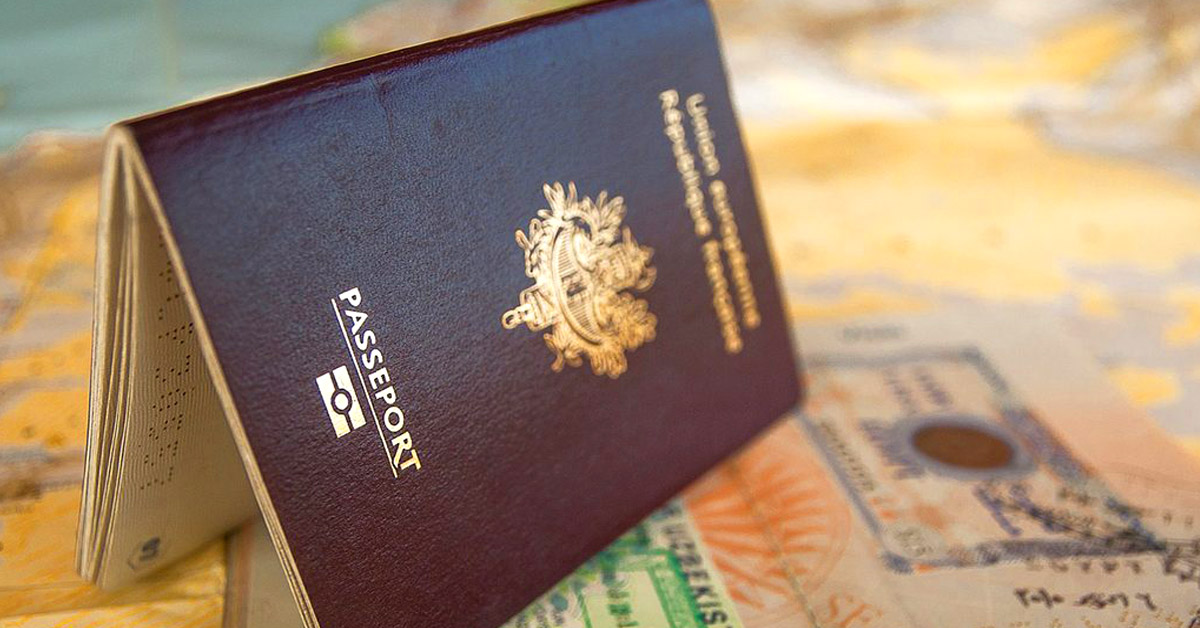
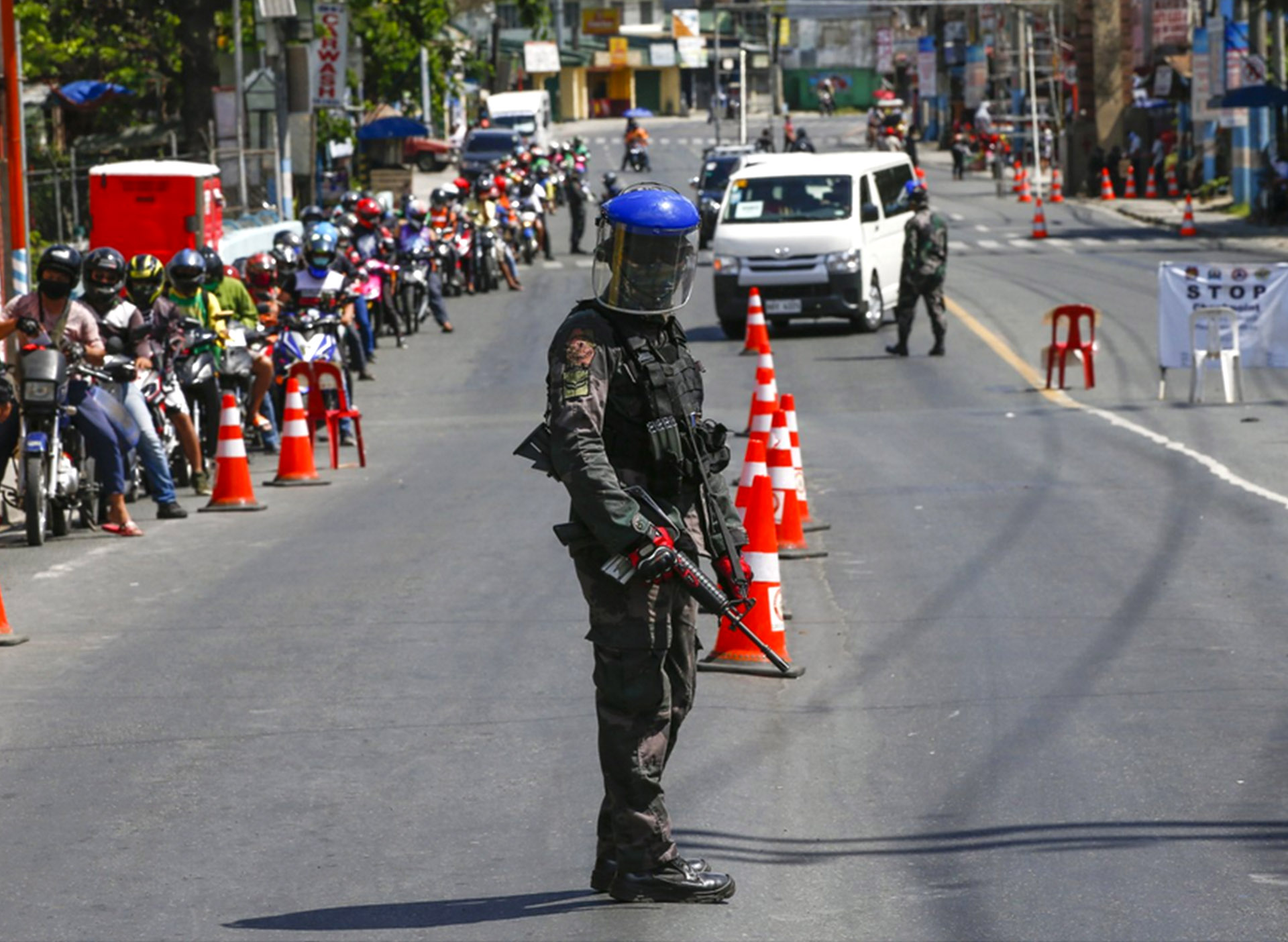








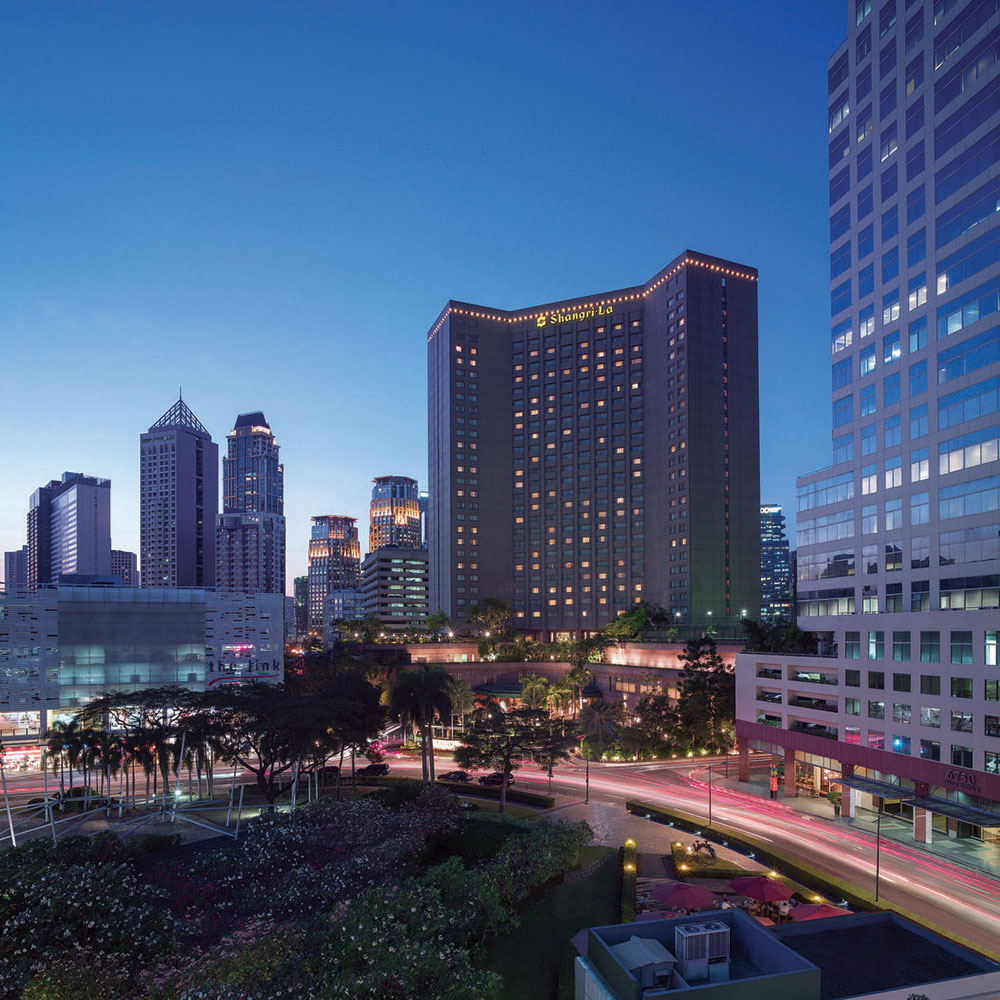



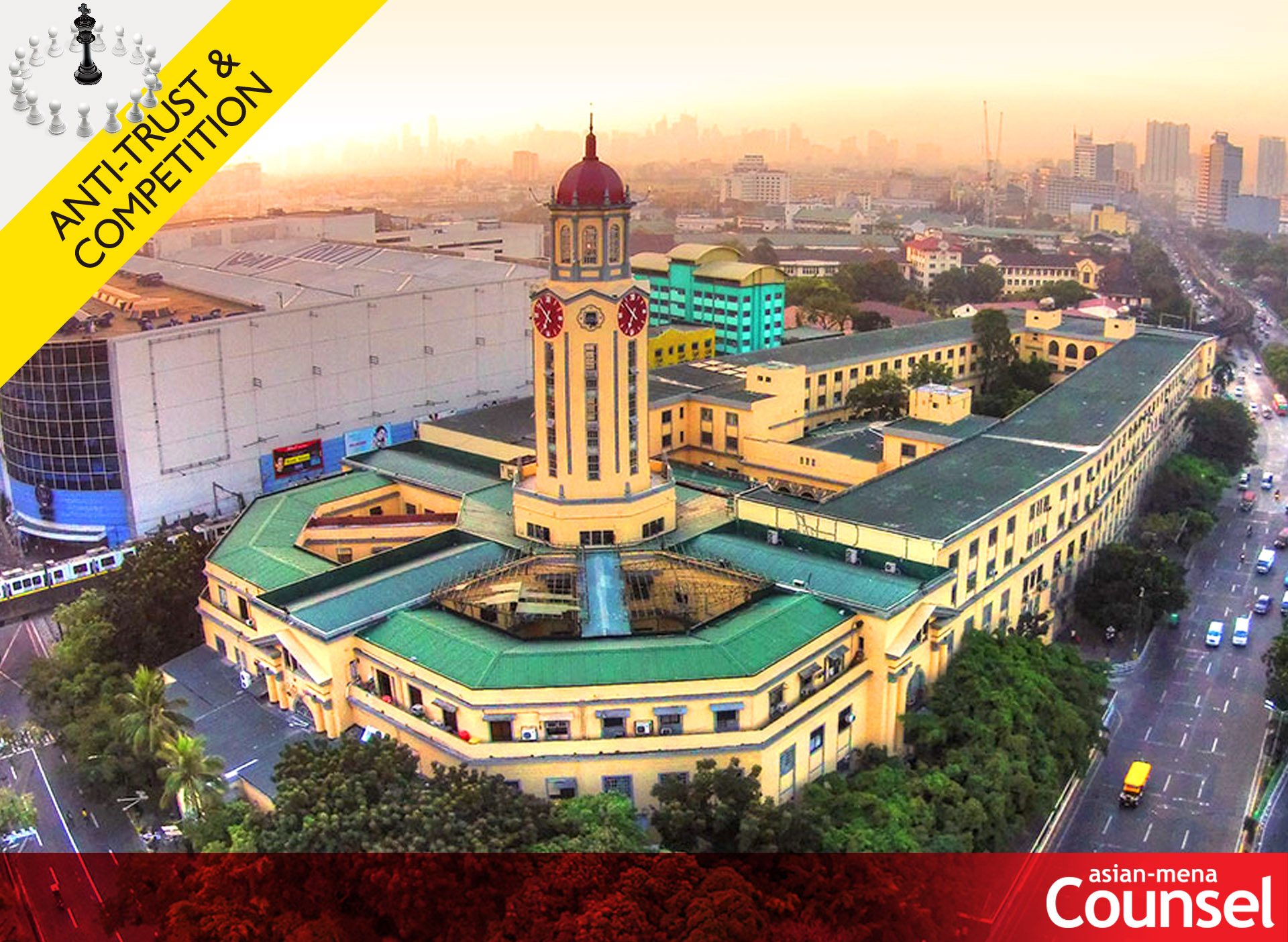





















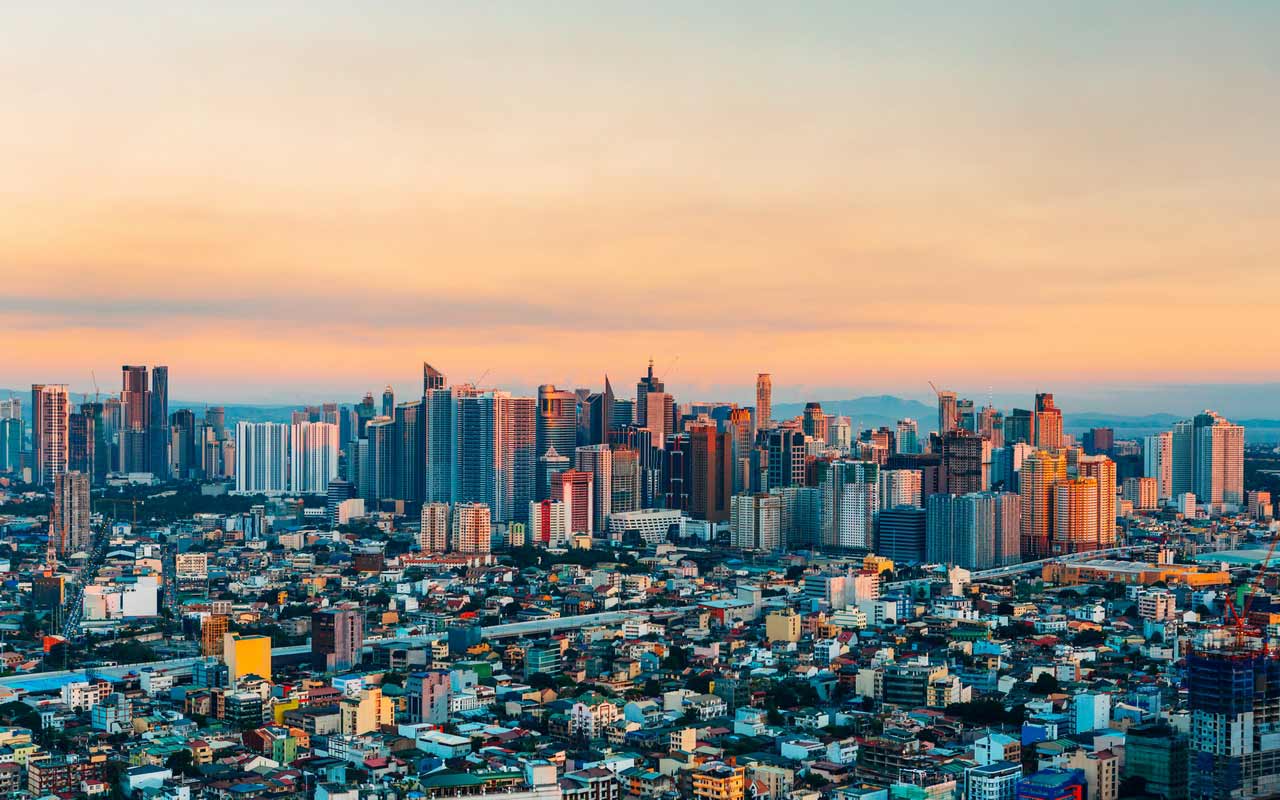

 Angara Abello Concepcion Regala & Cruz Law Offices (ACCRALAW)
Angara Abello Concepcion Regala & Cruz Law Offices (ACCRALAW) Emerico O. De Guzman
Emerico O. De Guzman







